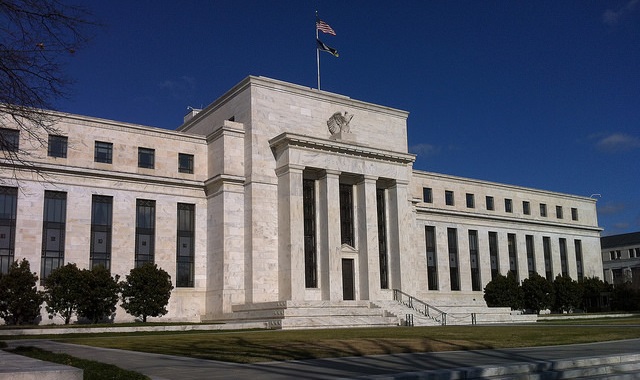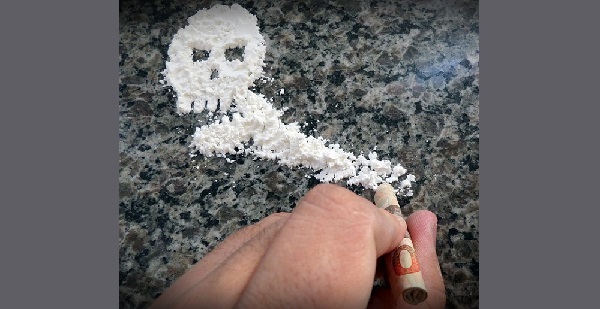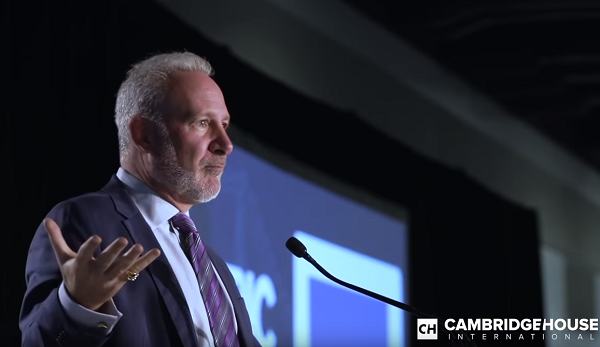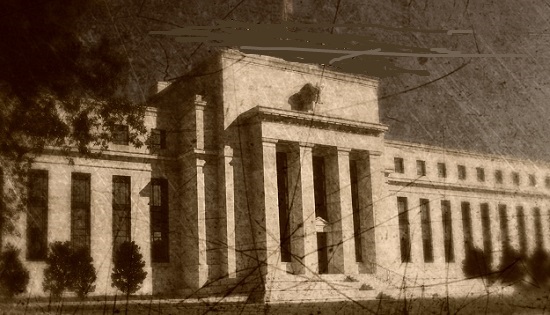The SchiffGold Friday Gold Wrap podcast combines a succinct summary of the week’s precious metals news coupled with thoughtful analysis. You can subscribe to the podcast on iTunes.
Right after the last Federal Reserve Open Market Committee meeting, Peter Schiff said the “Powell Pause” won’t be enough to save the stock market and head off a recession. He said ultimately, the central bank would have to cut interest rates and launch another round of quantitative easing.
Well, it seems the mainstream is starting to catch up with Peter’s thinking. Yesterday, Bloomberg ran an article asserting that “instead of pausing, the central bank may need to start cutting interest rates to avoid a recession.”
The SchiffGold Friday Gold Wrap podcast combines a succinct summary of the week’s precious metals news coupled with thoughtful analysis. You can subscribe to the podcast on iTunes.
A record number of Americans have fallen behind on their car payments.
On Tuesday, the New York Federal Reserve released its Household Debt and Credit report covering the fourth quarter of 2018. Not only has indebtedness hit record highs, eclipsing levels seen on the eve of the Great Recession, but Americans are also having a harder time paying their bills. This is particularly apparent in the US auto market. According to the New York Fed report, more than 7 million Americans have fallen at least 90 days delinquent on their auto loans.
All of a sudden, former Federal Reserve chair Janet Yellen sounds a little bit like Peter Schiff.
During an interview on CNBC, Yellen conceded that the next Fed move could be an interest rate cut.
Of course, it’s possible. If global growth really weakens and that spills over to the United States where financial conditions tighten more and we do see a weakening in the US economy, it’s certainly possible that the next move is a cut.”
After Jerome Powell indicated that the Federal Reserve tightening cycle was on pause during last week’s FOMC meeting, Peter Schiff said, “The monetary drug pushers at the Federal Reserve gave the addicts on Wall Street exactly the fix that they had been craving.”
Peter often compares the markets to drug addicts. They are addicted to the easy money the central bank provides. Reuters used that same imagery to describe America’s business community in the wake of the “loose money era,” saying it left a “trail of US corporate debt junkies.
Over the past 12 months, the US federal government has added $1.5 trillion to the national debt.
As of Jan 30, the debt stood just under the $22 trillion mark at $21.97 trillion, according to the latest Treasury Department data. As WolfStreet put it, we’re seeing these rapidly increasing levels of debt during “good times when the economy is hopping. At the next recession, this is going to get cute.”
But even as the US added to its debt load, foreign holders of US Treasurys are gradually selling them off. So, who’s buying up all of this debt? And is it sustainable?
During his keynote speech at the Vancouver Resource Investment Conference, Peter Schiff said we are at the beginning of the end.
The Fed appears to have paused interest rate hikes in order to save the stock market. The markets have reacted positively and a lot of analysts seem to think we’re out of the wood. But Peter traces the moves of the Federal Reserve all the way back to the first rate hike of December 2015 and shows how the central bank has put us on a path toward a financial crisis that will be bigger than 2008. Peter insists he’s been right about what would happen all along, it’s just taken us a little longer to get here than he expected.
The SchiffGold Friday Gold Wrap podcast combines a succinct summary of the week’s precious metals news coupled with thoughtful analysis. You can subscribe to the podcast on iTunes.
The Federal Reserve Open Market Committee met yesterday and held interest rates steady in the 2.25-2.50% range. This wasn’t really a surprise. More significantly, Fed Chair Jerome Powell kept up the dovish rhetoric, saying, “The case for rate increases has diminished. I would need to see a reason for further rate hikes that would have to include higher inflation.”
We’ve called this the Powell Put, and it appears it’s still solidly in play. But in his most recent podcast, Peter Schiff called it the “Powell Pause” and said it wasn’t going to be enough.










